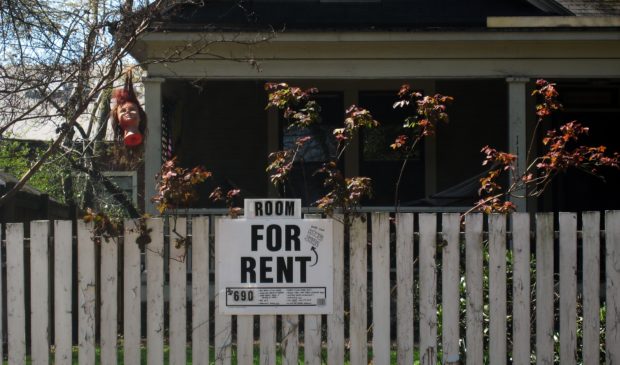Short-term rental conference examines taxes, nuisances, compliance
Monday, July 1, 2019 by
Chad Swiatecki Leaders of the national travel and lodging industry and local government officials involved in the evolving short-term rental economy will convene in Austin next month for what is believed to be the first-ever conference devoted to the issue.
City regulators, property owners and managers, and representatives from companies involved in short-term rental transactions will all gather at the Smart City Policy Summit, organized by the Austin-based Smart City Policy Group, to examine how to improve compliance, increase tax remittance and reduce the nuisance issues that have led some communities to implement restrictive policies.
The event, which will take place Aug. 16 at Austin Central Library, comes as the city’s Tourism Commission has called for the city to make changes to its short-term rental ordinance to increase collection of Hotel Occupancy Taxes from stays in residential properties.
Matt Curtis, founder of Smart City Policy Group, said there is a troubling lack of consensus on how local governments, short-term rental platforms such as Airbnb and property owners can best interact and find common ground. Curtis and others in the industry see Austin’s ordinance as too restrictive to produce meaningful compliance, which impacts how many property owners register with the city. There is also an impasse of sorts between the city and short-term rental platforms over the amount of data the platforms are willing to turn over in exchange for remitting applicable taxes.
“For cities, it seems that the biggest challenges are difficulties in understanding a very nuanced and evolving industry,” Curtis said. “Another challenge is how to communicate effectively with short-term rental stakeholders. For the (travel and lodging) industry, this has gone from being an interesting element for travelers to becoming a serious accommodation in the travel ecosystem. It’s changed and grown so rapidly that the travel industry is still trying to get its head around what regulations should be applied and how they can achieve compliance so they can get high rates of tax remittance.”
A recent report from the American Hotel & Lodging Association found that local governments are losing out on substantial amounts of tax revenue from agreements they’ve struck with short-term rental platforms, and from property taxes not collected on hotels.
Curtis said new technologies such as noise monitors that can be required for short-term rental locations, and companies that attempt to aggregate rental data for cities to help with tax collections and finding unregistered locations, continue to change the landscape around the issue.
“For cities who created regulations that aren’t working, in order to make new regulations they need to understand the industry and the new technology tools popping up every day that can help with compliance, address nuisances and increase tax remittance,” he said. “It does seem like the pendulum has shifted back toward creating reasonable regulations, in part because of use by corporate guests, and for medical stays and military use. There’s also greater acceptance of professionally managed STRs, whereas a casual operator may not understand all the regulations and be a great operator.”
Scott Joslove, president and CEO of the Texas Hotel and Lodging Association, said there will likely always be differences in how a city like Austin manages short-term rentals compared to a more tourism-based economy like Galveston. Still, he said data shows that half of Airbnb’s 500,000 booking nights last year in Texas came from Austin, suggesting that the city needs to pay close attention to the issue.
“Right now it depends on the municipality as far as a prognosis for what the future portends. In Austin we have a very restrictive ordinance that reflects the will of the City Council and neighborhood associations. My industry respects the right of the City Council to determine what level of short-term rental regulations works for that community,” Joslove said. “There’s not a lot of movement from belief that you can do what you want when you occupy the property. The issue becomes when it’s a non-owner-occupied property that becomes a short-term rental, then it’s no longer the sharing economy, it’s the investment economy, and if that’s a business then you should invest in an area that’s appropriate for businesses.”
Photo by Doug Waldron made available through a Creative Commons license.
The Austin Monitor’s work is made possible by donations from the community. Though our reporting covers donors from time to time, we are careful to keep business and editorial efforts separate while maintaining transparency. A complete list of donors is available here, and our code of ethics is explained here.
You're a community leader
And we’re honored you look to us for serious, in-depth news. You know a strong community needs local and dedicated watchdog reporting. We’re here for you and that won’t change. Now will you take the powerful next step and support our nonprofit news organization?



